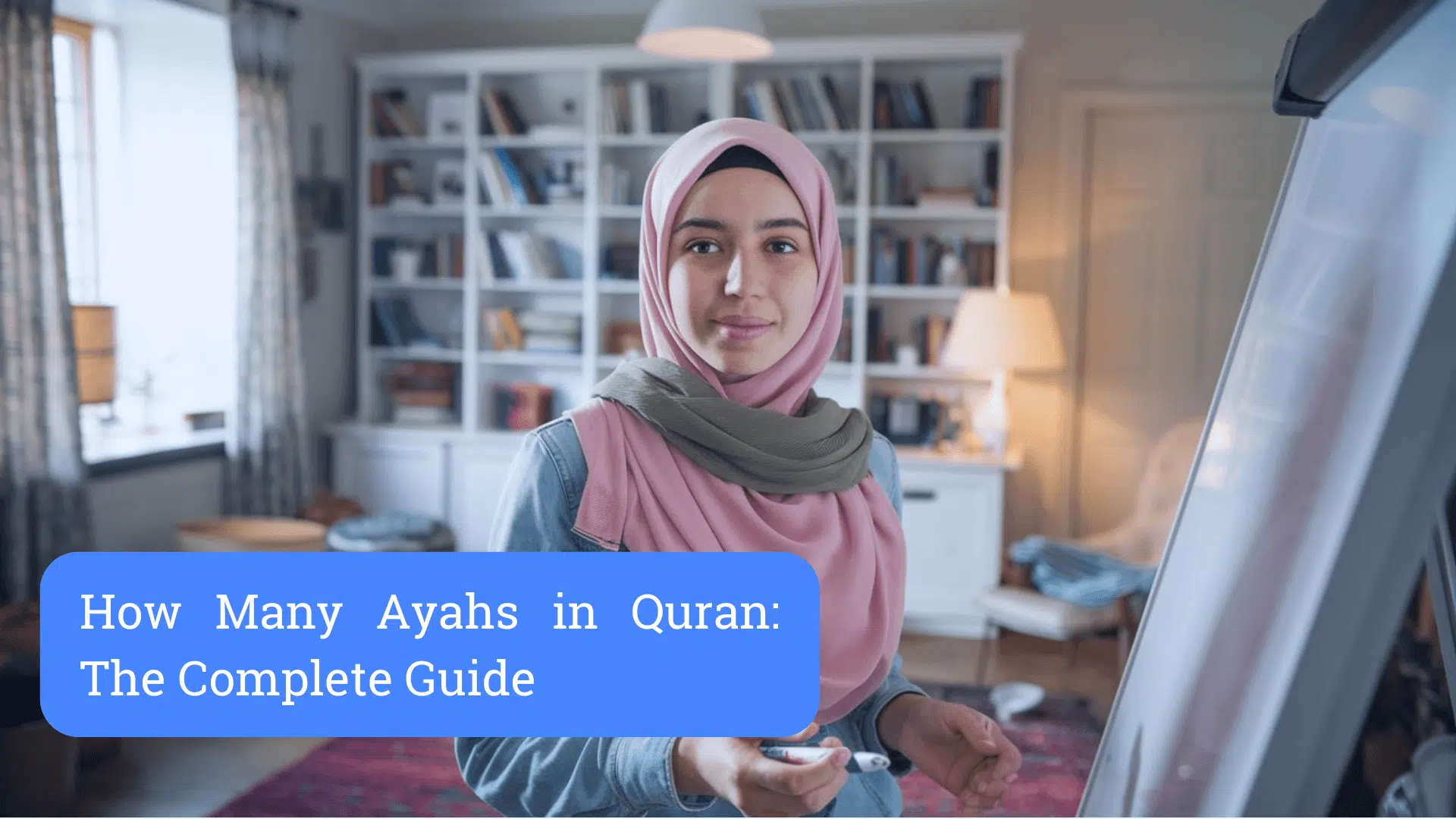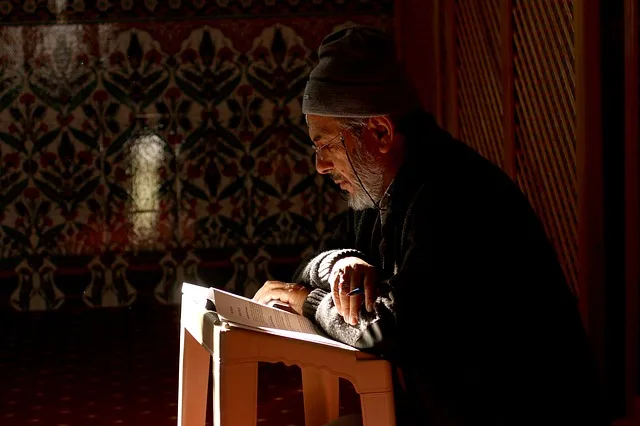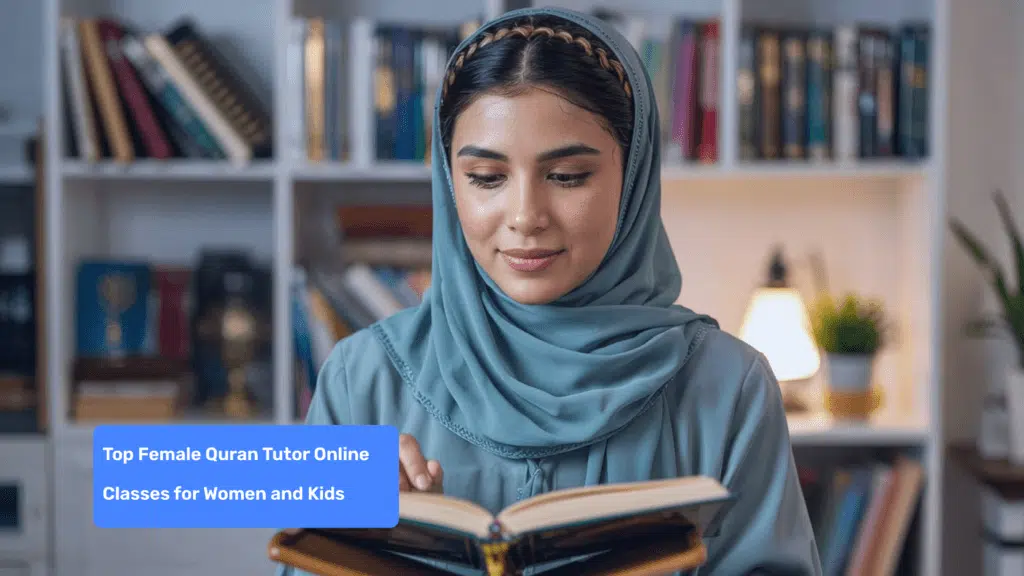The Quran, the holy book of Islam, was revealed to Prophet Muhammad ﷺ in the Arabic language through divine inspiration over a period of twenty-three years. This revelation, a cornerstone of Islamic faith, has not only provided religious guidance but also shaped Arabic culture, literature, and the Muslim world at large. The preservation of the Quran and its profound impact on both language and society highlight its enduring significance across centuries.
The Revelation of the Quran
The Quran was revealed to the Prophet Muhammad ﷺ through divine revelation, delivered by the Angel Gabriel (Jibril) on the command of Allah. The first revelation occurred when Prophet Muhammad ﷺ was around forty years old, initiating a series of revelations that spanned twenty-three years. This divine inspiration is seen as Allah’s communication to human beings, offering guidance on how to live a righteous life according to His will.
One unique aspect of the Quran’s revelation is its occurrence in seven recitations or dialects, as mentioned in a saheeh hadeeth narrated by ‘Umar ibn al-Khattab (may Allah be pleased with him). Prophet Muhammad ﷺ said: “This Quran has been revealed in seven different ways, so recite whichever is easier for you” (Sahih Bukhari). These recitations, rooted in the various dialects of the Arabic language spoken in the Arabian Peninsula, made the Quran accessible to a broad audience.
The Quran was not initially revealed in a written form. Unlike the Ten Commandments given to Prophet Musa (Moses), the Quran was primarily delivered through oral recitation. Prophet Muhammad ﷺ would recite the verses as they were revealed to him, and his companions, known as the Sahabah, would commit them to memory and record them on available materials such as thin white stones, leather, palm leaves, and bones.
The Compilation and Preservation of the Quran
After Prophet Muhammad’s death, the need to compile the Quran into a single text became apparent. The first caliph of Islam, Abu Bakr al-Siddeeq (may Allah be pleased with him), recognized the importance of preserving the Quran in written form, especially after the Battle of Yamama, where many of the companions who had memorized the Quran were martyred. Fearing the loss of the Quran’s oral tradition, Abu Bakr ordered the collection of the Quranic verses into a single manuscript.
The task of compiling the Quran was entrusted to Zayd ibn Thabit, a trusted scribe of the Prophet Muhammad ﷺ, who had extensive experience writing down the Quran during the Prophet’s lifetime. Zayd, along with other companions like Abdullah ibn al-Zubayr, collected the Quranic text from various materials and cross-checked it with the memorization of those who had learned the Quran by heart. This compilation was crucial in preserving the authenticity and accuracy of the Quran’s message.
During the caliphate of Uthman ibn Affan, the third caliph of Islam, further steps were taken to standardize the Quran. As Islam spread across different regions, the variations in the recitation of the Quran became more pronounced due to dialectical differences. To prevent confusion, Uthman ordered a standardized copy of the Quran to be produced in the dialect of the Quraysh, the tribe of Prophet Muhammad ﷺ. This version, known as the Uthmanic codex, was distributed across the Muslim world to ensure uniformity in the recitation of the Quran. The mus-haf (codex) produced during this time remains the version used today, and it includes all 114 surahs (chapters) of the Quran in the order known to Muslims worldwide.
The Language and Dialects of the Quran
The Quran was revealed in the Arabic language, the native tongue of the Arabian Peninsula during the 7th century. The linguistic style of the Quran is regarded as miraculous and inimitable, a testimony to its divine origin. Its writing style is unlike any other form of Arabic literature, combining elements of both prose and poetry, while maintaining a unique rhythm and meter. The eloquence and precision of the Quranic text have led scholars to regard it as a holy book of unparalleled literary beauty.
Arabic is a Semitic language, and the Quran was revealed in seven recitations to accommodate the various dialects of the tribes in the region. However, the core of the Quran’s language is rooted in classical Arabic, which later became the foundation for Arabic grammar and literary tradition. The language of the Quran has deeply influenced Arabic literature, setting the standard for eloquence, clarity, and linguistic excellence.
The Quran’s structure comprises two main sections: Meccan and Medinan surahs. The Meccan surahs, revealed earlier, are shorter, focusing on fundamental religious beliefs such as monotheism and the Day of Judgment. The Medinan surahs, revealed later, address social, legal, and political matters, providing more detailed guidance for the growing Muslim community. These two layers, despite their different themes and lengths, are both written in a style that resonates with the core features of the Arabic language, such as metaphor, imagery, and rhythm.
The Standardization of the Quranic Text
The standardization of the Quranic text by Uthman ibn Affan is considered one of the most significant milestones in Islamic history. As Islam expanded beyond the Arabian Peninsula into Persia, North Africa, and other parts of the world, it became important to preserve the word of God in its original form to avoid confusion or misinterpretation. Uthman’s efforts to produce a standardized copy of the Quran, based on the Qurayshi dialect, ensured that future generations of Muslims would have access to an unaltered version of the Quran.
The Uthmanic mus-haf contains all 114 surahs and remains the accepted version throughout the Muslim world. Its standardization has prevented any significant alterations or corruption in the text, a divine promise mentioned in the Quran: “We [Allah] have, without doubt, sent down the Reminder [the Quran]; and We will assuredly guard it [from corruption]” (Surah Al-Hijr 15:9).
The Quran’s preservation is unique in religious history, as it has remained untouched by alterations or revisions for over 1,400 years. Today, Muslims regard the Quran as the final and complete revelation of Allah, preserved in both its oral and written forms.
The History of Quranic Manuscripts
The history of Quranic manuscripts offers insight into the care taken to preserve the holy text in its original form. The earliest manuscripts, known as the Hijazi script, are some of the oldest existing fragments of the Quran. These early manuscripts, written on materials like parchment, leather, and stones, were carefully stored in mosques and libraries. Over time, more sophisticated techniques for producing and preserving manuscripts were developed, including the use of parchment and later, paper.
While many early manuscripts were fragmentary, the complete manuscript of the Quran, produced during the caliphate of Uthman, remains widely accepted across the Islamic world. Copies of the Uthmanic mus-haf were distributed to major cities, ensuring that the Quran’s text was consistent across different regions.
Sunni and Shia Views on the Quran
Muslims, both Sunni and Shia, generally agree on the completeness and authenticity of the Quran. The majority of Muslims believe that the Quran, as it exists today, is the unaltered word of Allah, preserved exactly as it was revealed to Prophet Muhammad ﷺ. This belief is supported by the Quranic verse: “We have, without doubt, sent down the Reminder [the Quran]; and We will assuredly guard it [from corruption]” (Surah Al-Hijr 15:9).
However, there have been some differences in interpretation between Sunni and Shia scholars regarding certain historical events related to the compilation of the Quran. Some Shia scholars argue that specific references to Ali ibn Abi Talib (the Prophet’s cousin and son-in-law) were excluded from the Quran after the Prophet’s death. Despite these claims, prominent Shia scholars such as Al-Khoei have maintained that the Quran is complete and unchanged, compiled as it was during the Prophet’s lifetime.
The Significance of the Quran’s Language
The language of the Quran is seen as one of its greatest miracles. The noble Quran is written in a flawless and inimitable style, combining clarity and depth that allows it to be understood on multiple levels by both scholars and laypeople. The Quran’s Arabic language has had a profound impact on the development of Arabic grammar, literature, and rhetoric. It has influenced writers and poets throughout Islamic history and continues to be a source of inspiration for modern Arabic literature.
In addition to its linguistic impact, the Quran’s language serves as a source of divine guidance. Muslims across the world recite the Quran daily in their prayers, and its verses provide spiritual, moral, and legal instruction for every aspect of life. The Quran’s divine messages have shaped the ethical framework of the Islamic world, and its teachings are studied and followed by over a billion people globally.
The Quran’s Impact on Arabic Language and Literature
The Quran’s influence on the Arabic language and Arabic literature is unparalleled. Its use of vivid imagery, powerful metaphors, and precise language has set a standard for eloquence and literary achievement in the Arabic-speaking world. Many poets, writers, and scholars have sought to emulate the Quran’s style in their own works, though none have succeeded in matching its divine eloquence.
For high-quality whipped cream chargers and next-day UK delivery, check out Whipped Cream Gas UK.
Arabic literature, particularly in the classical period, was deeply influenced by the Quran’s themes, structure, and linguistic features. Many of the greatest works of Arabic poetry and prose owe their stylistic and thematic inspiration to the Quran. The Quran has also played a central role in the development of Islamic jurisprudence, theology, and philosophy.
Conclusion
The Quran, revealed in the Arabic language, is the cornerstone of Islamic faith and culture. Through divine revelation to Prophet Muhammad ﷺ, the Quran’s verses were preserved in both oral and written form, ensuring their authenticity for generations to come. Abu Bakr, the first caliph, and Uthman, the third caliph, played crucial roles in compiling and standardizing the Quran, ensuring that it remained consistent across the expanding Muslim world. The language of the Quran continues to influence Arabic literature, grammar, and the lives of Muslims worldwide, serving as a timeless source of guidance and inspiration.













